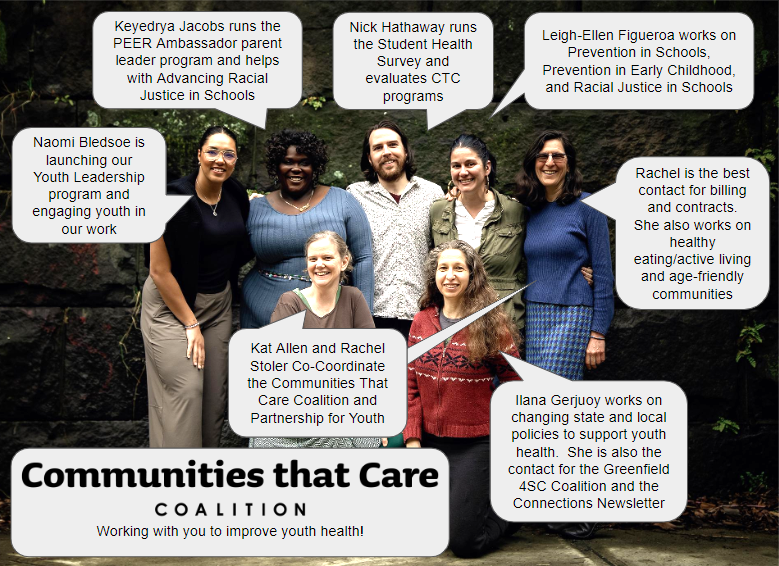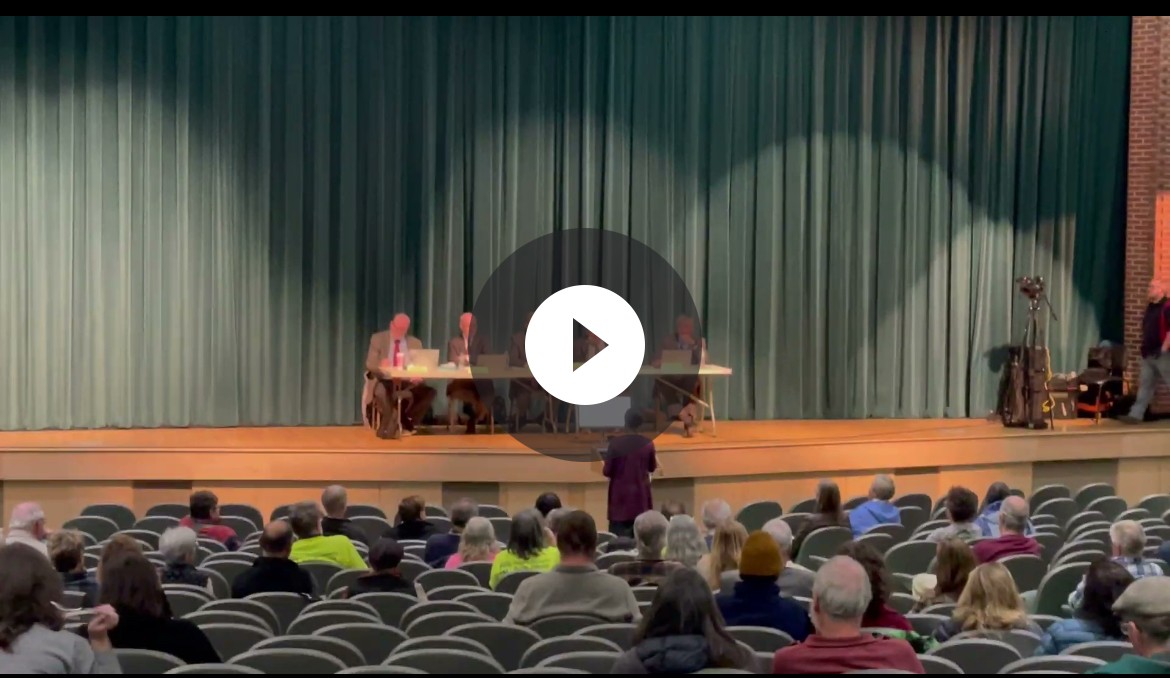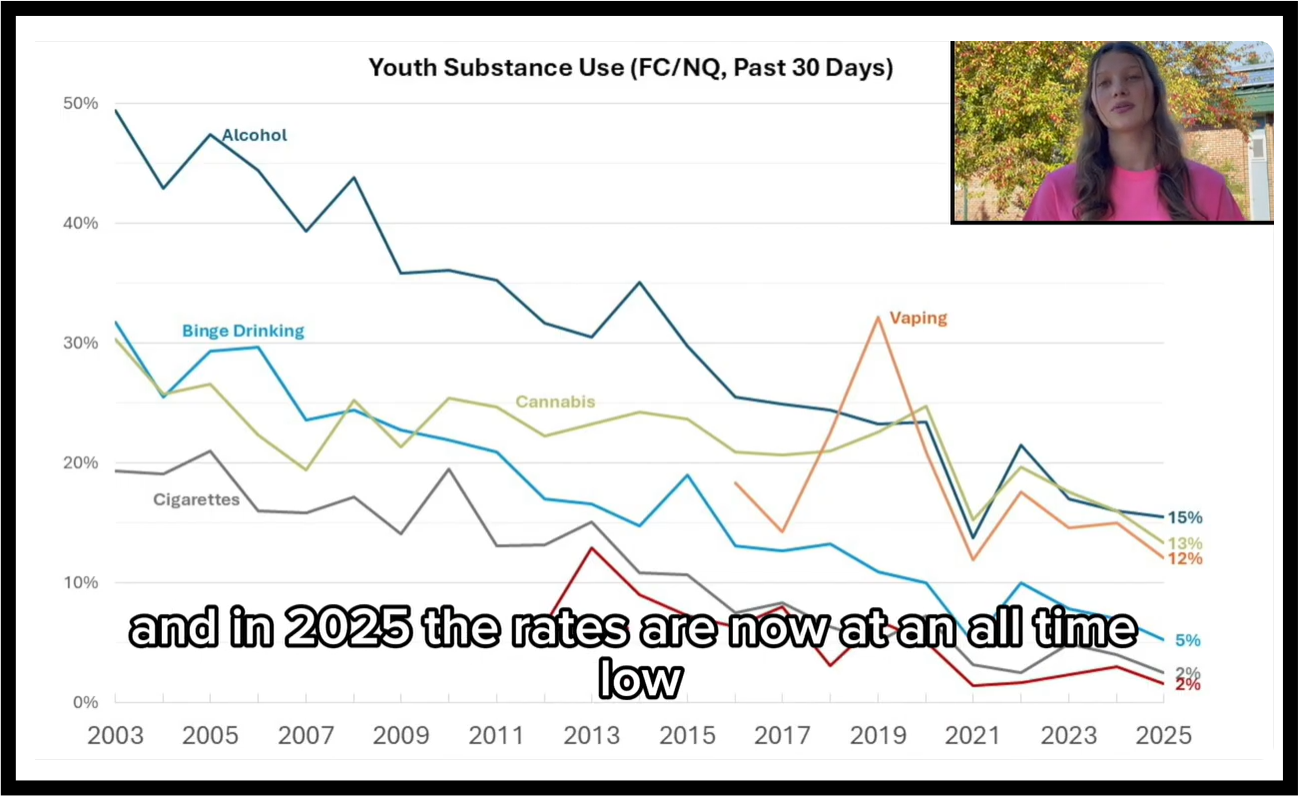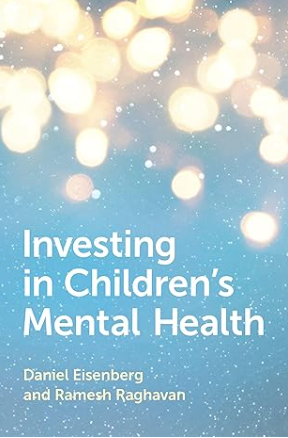We all make a difference!
The Communities That Care Coalition (CTC) brings together schools, families, youth, young adults, and the community to collectively support the Franklin County and North Quabbin region’s ability to improve health and well-being for all youth. CTC is co-hosted by Community Action Pioneer Valley and the Franklin Regional Council of Governments.
News & Updates

Prevention works.
It’s working here.
The Communities That Care Coalition was formed in 2002 in Franklin County, Massachusetts, when a group of community members came together to address alcohol, tobacco, and other drug use among local youth. CTC provides a structure for community members to coordinate their work around a common data-driven and evidence-based plan. That is, CTC uses data about the status of local young people to identify needs and measure the success of programs. And CTC stays current with prevention research and selects strategies that have been proven effective in reducing risky youth behaviors.




